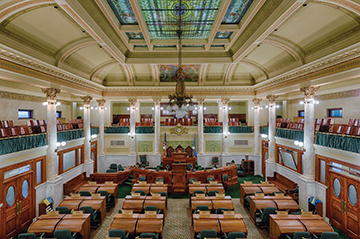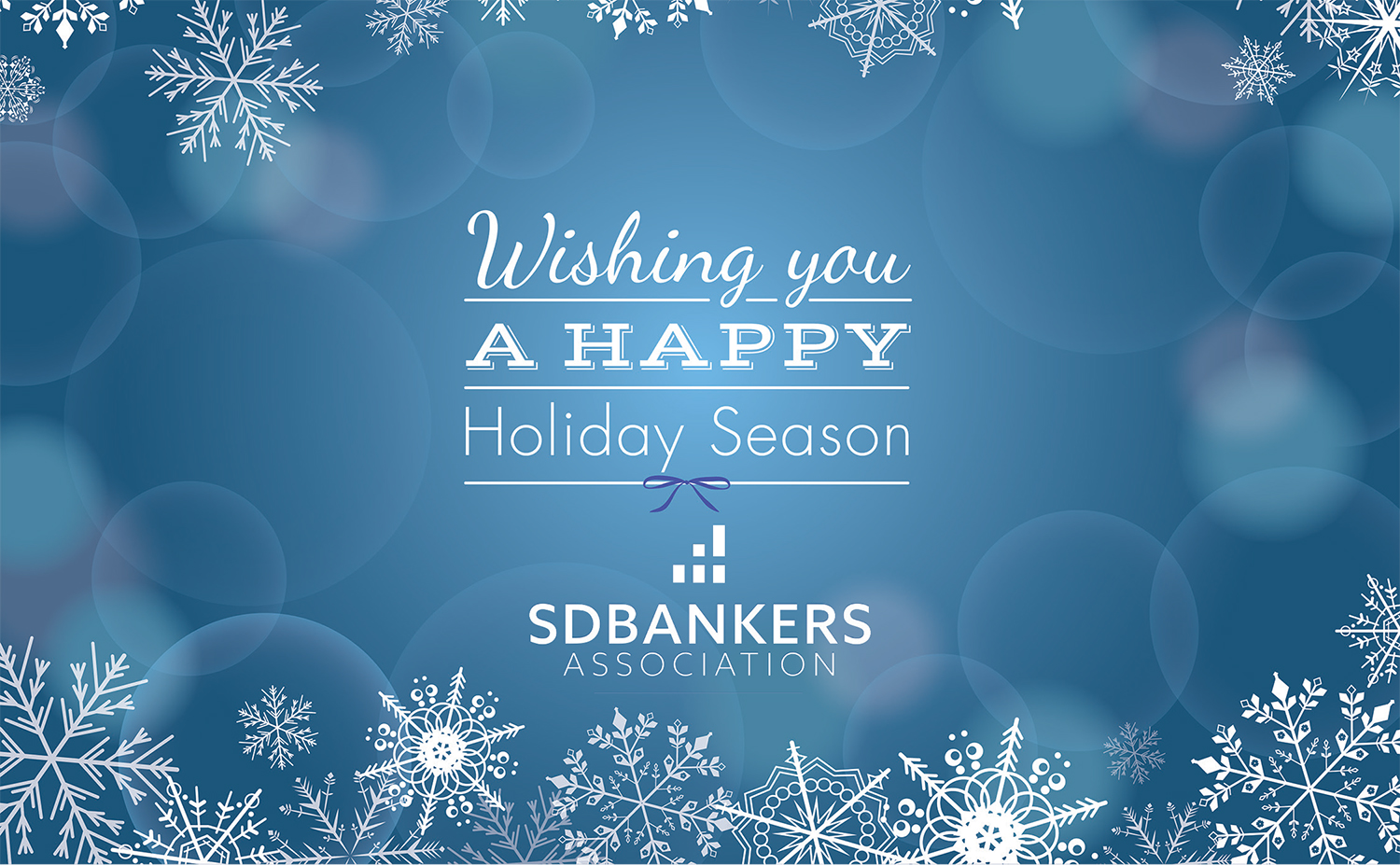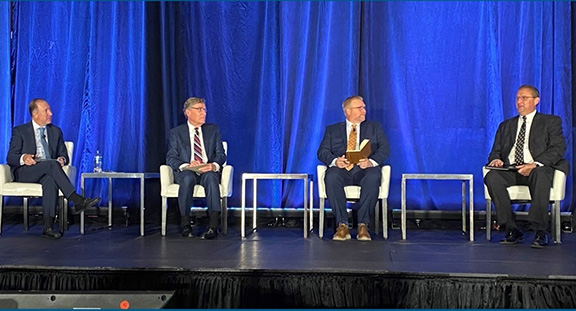 If you have not yet reserved your hotel room for the SDBA's State Legislative Day on Feb. 9 in Pierre, the hotel blocks have been extended. The hotel block at the Ramkota Hotel & Conference Center has been extended to Friday, Jan. 14, and the hotel block at the ClubHouse Hotel & Suites has been extended to Tuesday, Jan. 18.
If you have not yet reserved your hotel room for the SDBA's State Legislative Day on Feb. 9 in Pierre, the hotel blocks have been extended. The hotel block at the Ramkota Hotel & Conference Center has been extended to Friday, Jan. 14, and the hotel block at the ClubHouse Hotel & Suites has been extended to Tuesday, Jan. 18.
Don’t miss out on this opportunity to connect with South Dakota’s lead decision makers at the SDBA State Legislative Day. Stay up-to-date on state and federal legislation that could affect the banking industry, visit with state leaders, legislators and constitutional officers and be the voice for the banking industry.





